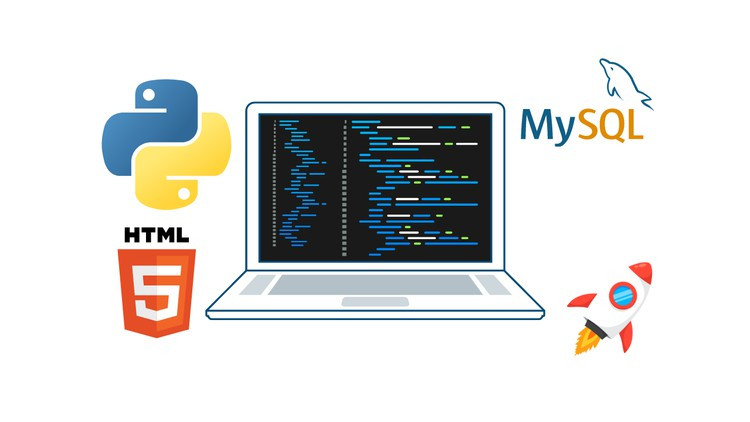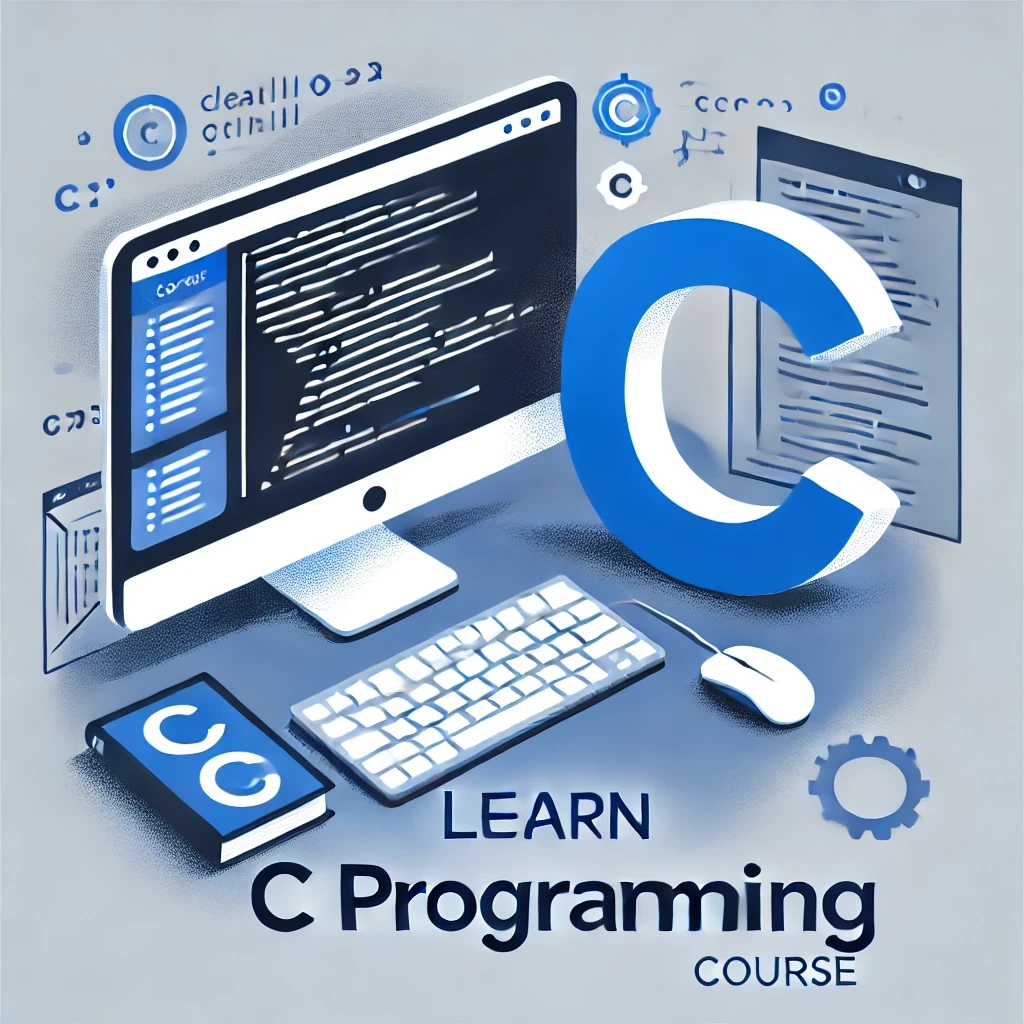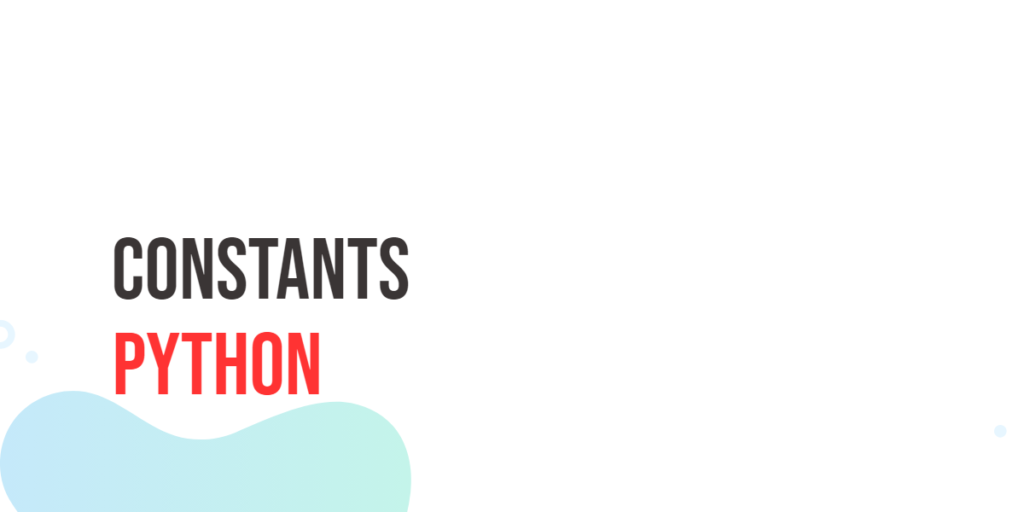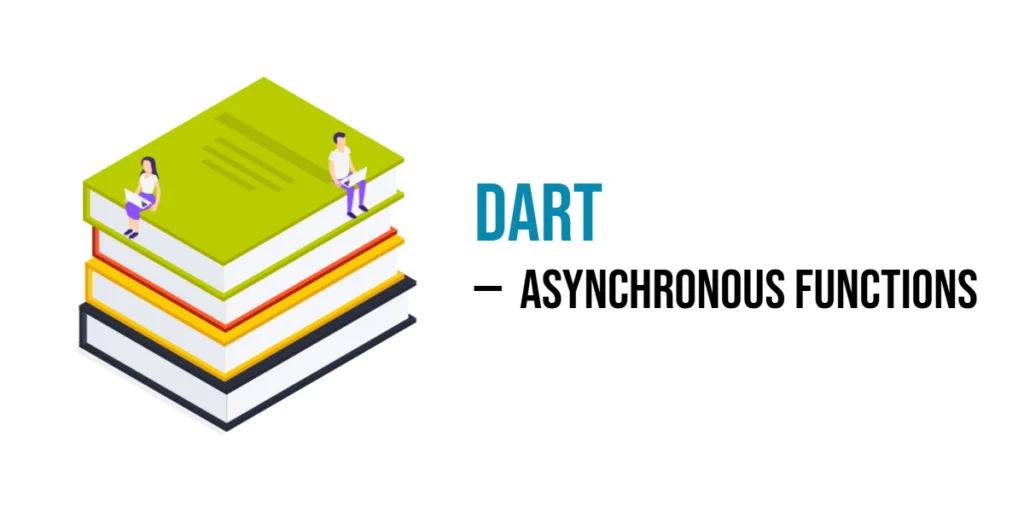Finding the sum of digits of a number is a common problem in programming. It teaches beginners how to work with numbers, loops, and arithmetic operations in C. For example, if the number is 1234, the sum of its digits is 1 + 2 + 3 + 4 = 10. Learning to calculate the sum of digits helps in understanding number manipulation, modular arithmetic, and iterative or recursive problem-solving techniques.

with hands-on learning.
get the skills and confidence to land your next move.
In this tutorial, we will write a complete C program to calculate the sum of digits of a number. We will explain every line of the code and show both iterative and recursive methods. By the end of this post, you will be able to calculate the sum of digits for any integer and understand the logic behind it.
Iterative Method to Find Sum of Digits
The iterative approach uses a loop to extract each digit and add it to a sum variable.
#include <stdio.h>
int main() {
int num, sum = 0, remainder;
printf("Enter an integer: ");
scanf("%d", &num);
int originalNum = num; // Store original number for display
while (num != 0) {
remainder = num % 10; // Get the last digit
sum = sum + remainder; // Add digit to sum
num = num / 10; // Remove the last digit
}
printf("The sum of digits of %d is %d.\n", originalNum, sum);
return 0;
}In this program, the variable sum keeps track of the total sum of digits. The while loop runs until the number becomes zero. In each iteration, the modulo operator % extracts the last digit, which is then added to sum. Integer division / removes the last digit. After the loop, the program prints the final sum.
This method works well for positive integers. If you want to handle negative numbers, you can take the absolute value of the number using the abs() function from <stdlib.h>.
Recursive Method to Find Sum of Digits
Recursion provides an elegant way to solve the problem without loops. The function repeatedly extracts the last digit and adds it to the sum of the remaining digits.
#include <stdio.h>
int sumOfDigits(int num) {
if (num == 0)
return 0; // Base case
return (num % 10) + sumOfDigits(num / 10); // Add last digit to sum of remaining digits
}
int main() {
int num;
printf("Enter an integer: ");
scanf("%d", &num);
int result = sumOfDigits(num);
printf("The sum of digits of %d is %d (recursive).\n", num, result);
return 0;
}Here, sumOfDigits() is a recursive function. The base case is when num becomes zero. Each recursive call takes the last digit of num using % 10 and adds it to the sum returned by the next recursive call with num / 10. This continues until all digits are added.
For example, if num = 1234, the function calls are:
sumOfDigits(1234)→4 + sumOfDigits(123)sumOfDigits(123)→3 + sumOfDigits(12)sumOfDigits(12)→2 + sumOfDigits(1)sumOfDigits(1)→1 + sumOfDigits(0)sumOfDigits(0)→ returns 0
Finally, the sum is 4 + 3 + 2 + 1 = 10.
Common Beginner Mistakes
When checking for Armstrong numbers, beginners often make these mistakes:
- Modifying the original number during calculations and then trying to print it afterward. Always store the original number in a separate variable if you need it later.
- Forgetting that the
%and/operators only work correctly with integers. - Leaving out the base case in recursion, which leads to infinite recursion and crashes the program.
- Forgetting to initialize the
sumvariable, which can cause garbage values and incorrect results.
To avoid these problems, always keep a copy of the original number, use operators with the right data types, include a proper base case in recursive solutions, and initialize variables before use.
FAQs
Q1: Can this program handle negative numbers?
Yes, you can handle negative numbers by using the abs() function from <stdlib.h> to convert the number to positive before calculating the sum.
Q2: Which method is better, iterative or recursive?
The iterative method is simpler and safer for large numbers. Recursive methods are elegant but may lead to stack overflow for very large integers.
Q3: Can this method be used for very large numbers?
For extremely large numbers, consider using long long or processing the number as a string to avoid integer overflow.
Conclusion
Finding the sum of digits of a number in C is a simple yet valuable exercise. It strengthens your understanding of loops, recursion, and arithmetic operations. Both iterative and recursive methods are useful, and learning both will improve your problem-solving skills. Keep practicing with different numbers to fully understand how digit manipulation works.
References & Additional Resources
- Kernighan, Brian W., and Dennis M. Ritchie. The C Programming Language. 2nd Edition, Prentice Hall, 1988.
- GeeksforGeeks: Sum of Digits of a Number – Examples of iterative and recursive methods.
- Programiz: C Programming Examples – Beginner-friendly C programs.
- TutorialsPoint: Recursion in C – Guide to recursion and loops.
- Stack Overflow: Handling Large Integers in C – Tips for safe arithmetic operations.







